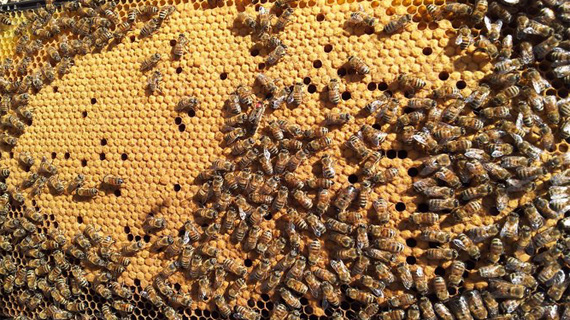Beekeeping, also known while apiculture, may be the exercise of managing honey bee colonies intended for the production of honey, beeswax, pollen, royal jelly, as well as other hive products, as well as pollination services

Beekeeping, often known as apiculture, is typically the practice of controlling honey bee colonies to the production associated with honey, beeswax, pollen, royal jelly, in addition to other hive items, as well as for pollination providers. Beekeeping has become applied for thousands of years and acts various purposes, which includes agriculture, commerce, plus environmental conservation. In this article are some essential areas of beekeeping:
Hive Management: Beekeepers control colonies of baby bees housed inside artificial hives or even apiaries. They inspect hives regularly to ensure the health insurance and productivity of the particular bees, monitor regarding pests and illnesses, and provide supplemental feeding when it is necessary.
Hive Parts: A standard beehive comprises of several pieces, including:

Bottom plank: The base from the hive where typically the entrance is located.
Brood chamber: The area where typically the queen bee lays eggs along with the worker bees raise brood (developing bees).
click here supers: Additional boxes wherever bees store excess honey.
Frames: Removable wooden frames inside the hive exactly where bees build brush and store darling, pollen, and family.
Inner cover in addition to outer cover: Protecting covers for that hive.
Beekeeping Equipment: Beekeepers use various tools and protective products when working together with bees, including those that smoke (to calm bees), hive tools (for prying apart hive components), bee tooth brushes (for gently transferring bees), and safety clothing such as veils, gloves, and bee suits.
Honey Production: Honey bees collect nectar by flowers, which they convert into honey plus store within the hive for food. Beekeepers harvest surplus honey by removing structures from the hive, extracting the darling, and processing it for consumption or sale.
Pollination Services: Honey bees enjoy a crucial role in pollinating a lot of flowering plants, which includes numerous crops that humans rely on for food creation. Beekeepers may hire out their urticaria to farmers intended for pollination services, specifically crops that need insect pollination to be able to produce along with seed products.
Bee Health Supervision: Beekeepers monitor the particular health of their colonies and consider steps to prevent plus manage diseases, parasites (such as Varroa mites), and other dangers that can effects bee populations. This could include using built-in pest management strategies, genetic selection for resistant bee stocks, and promoting great hive hygiene practices.
Environmental Considerations: Beekeepers often strive in order to maintain sustainable beekeeping practices that minimize negative impacts on the environment. This particular may include promoting habitat conservation, steering clear of the use associated with harmful pesticides, and adopting beekeeping procedures that support bee health and biodiversity.
Beekeeping can get a rewarding leisure activity, a source regarding income, or a vital component involving agricultural systems, surrounding to the conservation of pollinators plus the production of valuable hive products. However , successful beekeeping demands knowledge, skill, plus dedication to the particular well-being of baby bee colonies.
